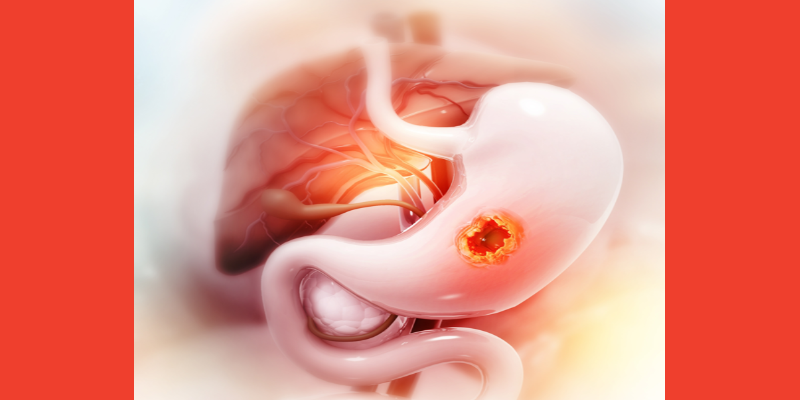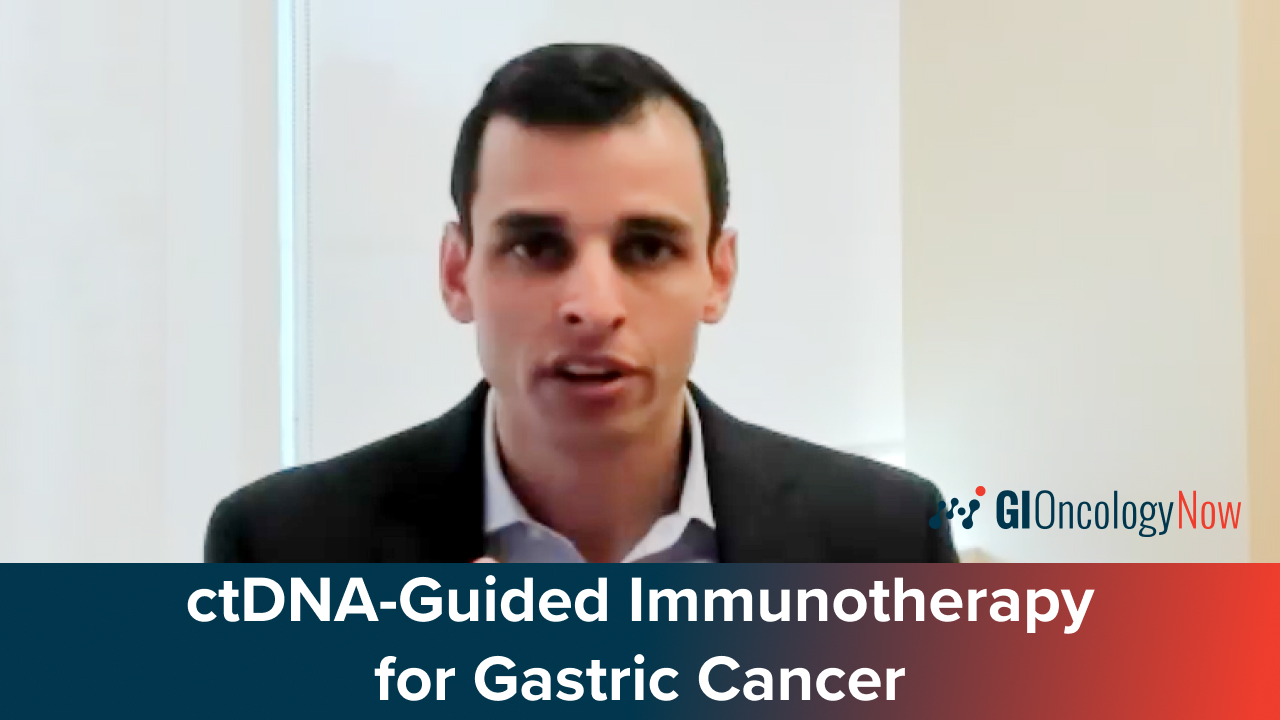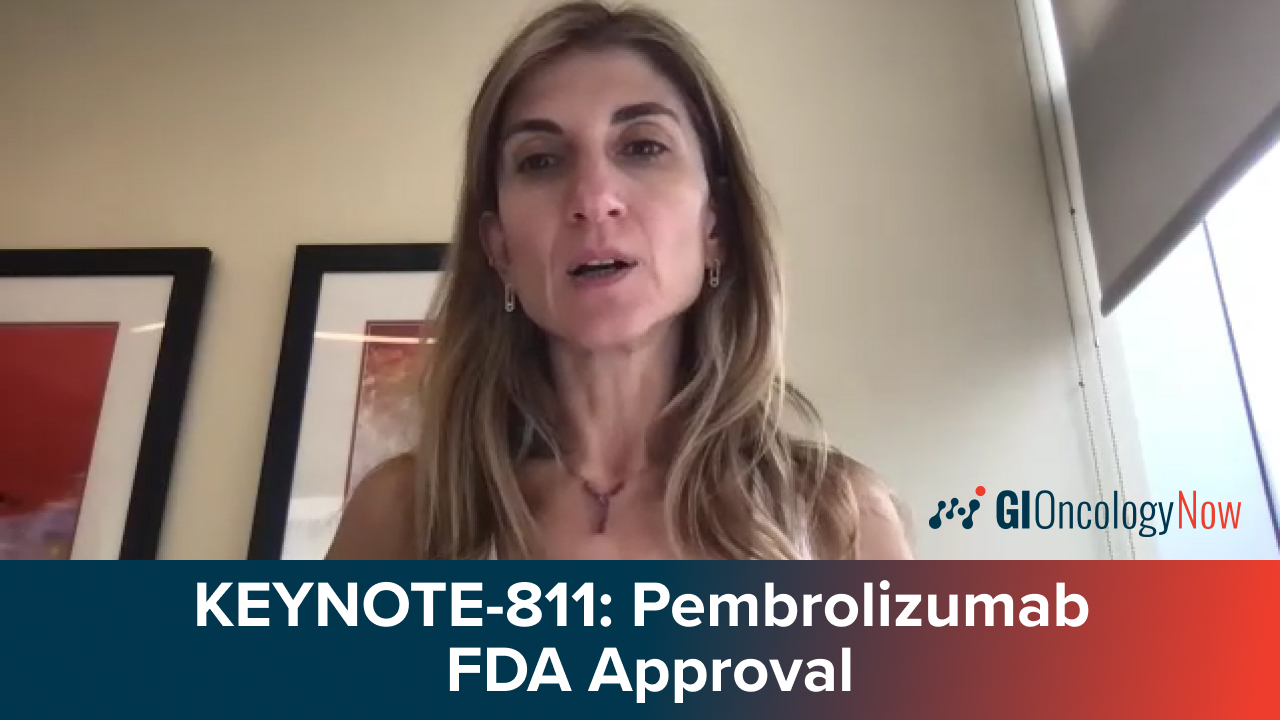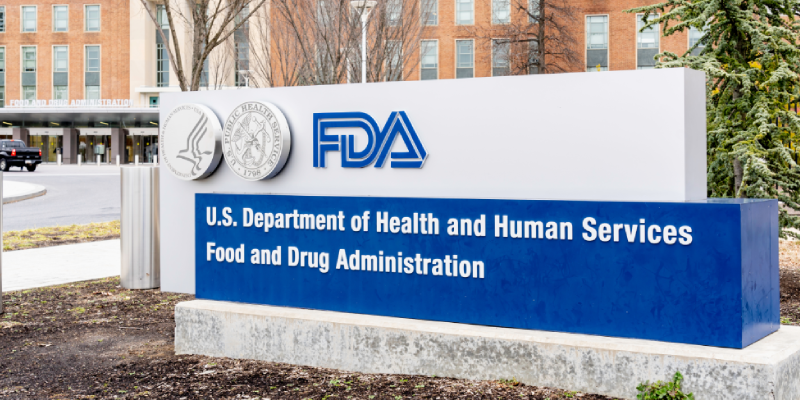
A study from Changhua Zhang, MD, and colleagues published in Nature investigated the potential role of lactate, the product of anaerobic glycolysis, in repairing the DNA of cancer cells in patients with gastric cancer.
Researchers evaluated the data of 24 patients with gastric cancer, including 15 who demonstrated resistance to chemotherapy as well as tumor progression following treatment. They reported that a buildup of lactate was most notable in chemotherapy-resistant cancer tissues.
“This extremely promising research has uncovered a likely mechanism for how cancer evades chemotherapy,” said study co-author Axel Behrens, PhD. “The discovery that cancer cells create energy in a process that causes a buildup of lactate won the Nobel prize in 1931. What we have now found, almost 100 years later, is that lactate has a fundamental impact on cancers’ ability to survive, as it boosts the DNA repair process after it has been damaged by chemotherapy treatment.”
Following this discovery, Dr. Zhang and colleagues created a mouse model and focused on the LDHA enzyme to investigate if a lack of lactate buildup could increase chemotherapy efficacy. Stiripentol plus chemotherapy was found to reduce tumor size in mice with gastric cancer for up to 4 weeks following treatment. In comparison, mice that underwent treatment with chemotherapy alone only experienced tumor shrinkage for 1 week following treatment.
Treatment with stiripentol plus chemotherapy also led to increased survival for mice with gastric cancer. Mice that received the combination survived for more than 70 days, while those that received only chemotherapy survived for more than 40 days.
“Drug resistance remains one of the biggest challenges we face in treating cancer. While chemotherapy is effective for many patients, we need to stay one step ahead to prevent cancer becoming resistant to it,” said Kristian Helin, MSc, PhD, chief executive officer at the Institute of Cancer Research. “It’s clear now that some patients will require a combination of therapies to keep their cancer at bay, and this study indicates an interesting new drug target that could keep chemotherapy working for longer.”






 © 2025 Mashup Media, LLC, a Formedics Property. All Rights Reserved.
© 2025 Mashup Media, LLC, a Formedics Property. All Rights Reserved.